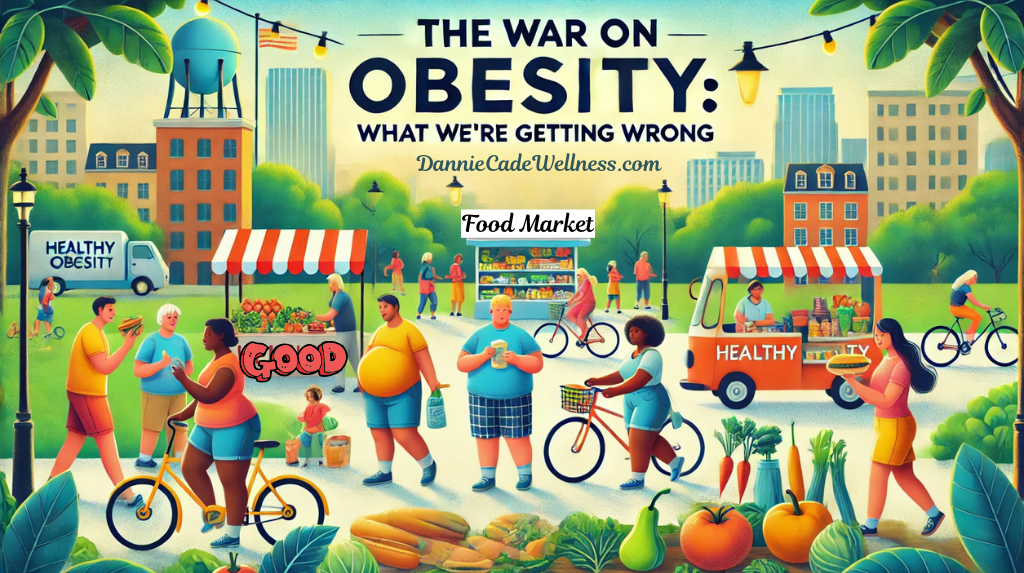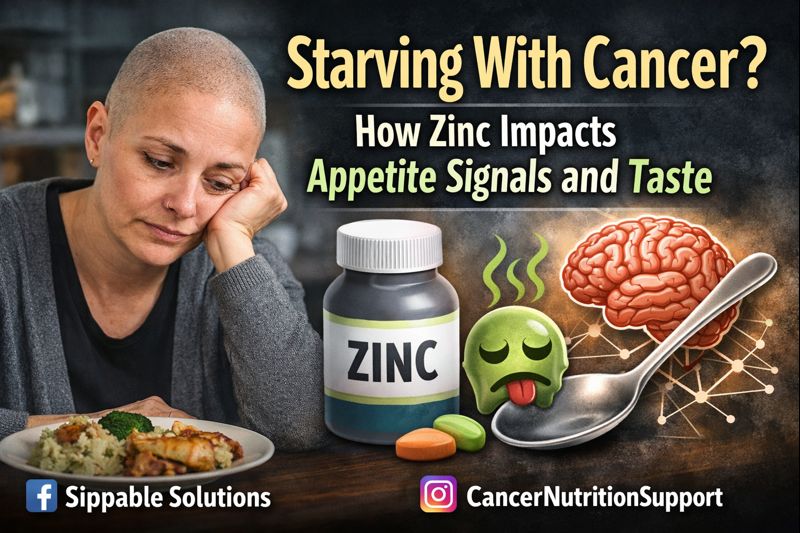The War on Obesity: What We’re Getting Wrong
Category: Eating Disorders

March 4th is World Obesity Day, a crucial opportunity to shed light on the complexities of obesity and challenge misconceptions. Obesity is not just about diet and exercise, it’s a chronic disease influenced by genetics, hormones, medical conditions, and even the environment we live in.

Breaking the Myth: It’s More Than Calories In, Calories Out
One of the biggest misconceptions about obesity is that it’s simply a matter of eating less and moving more. While nutrition and physical activity play a role, they’re just one piece of the puzzle. Obesity is a disease, and biological factors significantly influence it.
- Genetics: Studies show that about 40% of obesity risk is genetic. Some people are predisposed to gain weight more easily or struggle with losing it due to their unique biology.
- Set Point Theory: The body tries to maintain a specific weight range, making it easier to regain lost weight.
- Hormonal Imbalances: Conditions like PCOS, hypothyroidism, and insulin resistance disrupt metabolism and make weight management more challenging.
- Medications: Certain drugs, such as antidepressants and steroids, can cause weight gain, making weight control even more difficult.

The Environment’s Role in Obesity
Beyond biology, the world we live in significantly impacts weight management.
- Food Deserts: Nearly 23.5 million Americans live in areas with limited access to fresh, healthy food (USDA). When healthy options are scarce, people are forced to rely on processed, calorie-dense foods.
- Ultra-Processed Foods: Modern diets are full of foods engineered to be addictive, loaded with sugar, fat, and salt that hijack the brain’s reward system.
- Socioeconomic Barriers: Financial stress, long work hours, and limited healthcare access make healthy lifestyle choices even harder to maintain.

How the ‘War on Fat’ Backfired
In the late 20th century, public health campaigns vilified dietary fat, leading to an explosion of low-fat products. However, these products were often loaded with sugar and refined carbs to compensate for flavor. This shift:
- Disrupted metabolism
- Increased blood sugar spikes
- Encouraged fat storage
The result? A skyrocketing obesity and type 2 diabetes epidemic. It’s time to move away from demonizing entire food groups and focus on balanced nutrition instead.

The Hidden Impact of Weight Stigma
Weight stigma refers to the discrimination and judgment people face because of their size. It’s a real issue with serious consequences.

Imagine going to a doctor for a health concern, only to be told, “You should lose weight” with no further investigation. This happens all the time, leaving people feeling dismissed and ashamed. Studies show that weight stigma leads to:
- Worse mental health outcomes
- Increased stress and emotional eating
- Avoidance of medical care
Instead of helping, judgment adds stress and shame, making weight management even harder.

How Stress and Sleep Affect Obesity
Chronic stress increases cortisol levels, which promotes abdominal fat storage—one of the most dangerous types of fat due to its link to heart disease and type 2 diabetes.

Sleep deprivation is another major factor. Lack of sleep disrupts hunger hormones, increasing cravings for high-calorie foods. Research from the University of Chicago found that when people don’t get enough sleep, they consume more junk food and gain weight more easily.
Solutions: A New Approach to Obesity
To combat obesity, we need to change the conversation. Instead of blaming individuals, we must focus on supportive environments that promote health for everyone.
Systemic Changes That Help
- Making fresh, nutritious food more accessible
- Creating safe spaces for physical activity
- Providing medical care that addresses the root causes of obesity (not just prescribing weight loss)
- Exploring public health initiatives like soda taxes, which have been shown to reduce sugary drink consumption
Small, Sustainable Changes That Make a Difference
- Prioritize whole foods—Research in the American Journal of Clinical Nutrition found that increasing whole grain consumption leads to a significant reduction in body fat.
- Find activities you enjoy—Whether it’s walking, hiking, or dancing, consistency is key.
- Build a supportive community—Wellness programs, workplace initiatives, and school-based education can help foster healthier habits.
A Call for Change
World Obesity Day is a reminder that it’s time to challenge outdated stereotypes and advocate for systemic change. Instead of shame and blame, let’s focus on solutions that empower people to live healthier, happier lives.

Together, we can create a world where everyone—regardless of size—has access to the tools, resources, and support needed to thrive. Don’t know where or how to start? Take advantage of my free online resource center, it’s full of all sorts of easy-to-do tips, tricks and hacks to get you started.



Facebook Comments